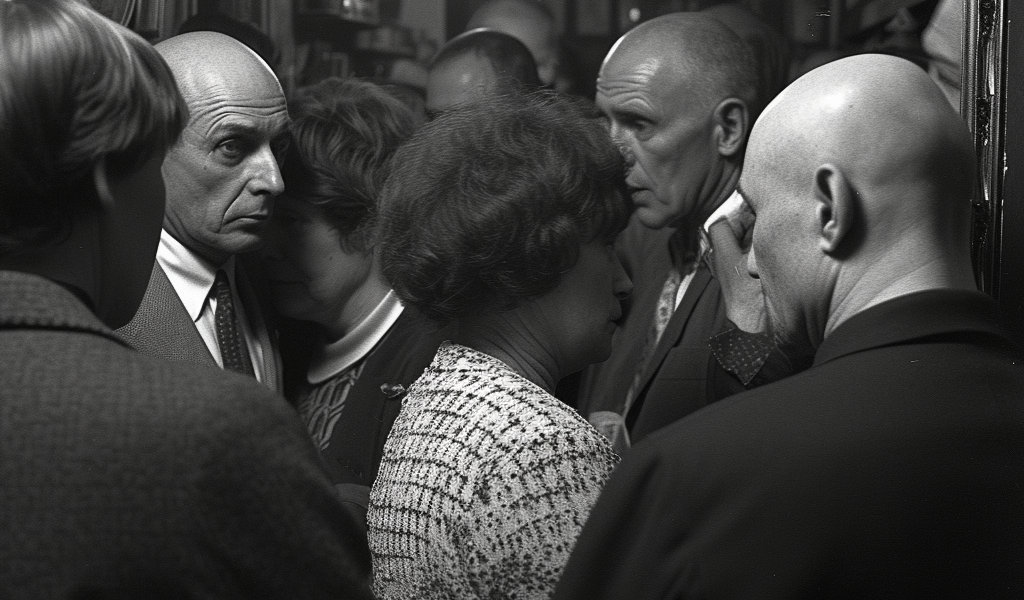Unanswered Prayers: The Death and Life of Truman Capote
By Julie Baumgold
This story was originally published in the October 29 and November 26, 1984, issues of New York Magazine. We are republishing it here, along with ‘Truman Capote in Hot Water,’ on the society scandal that erupted around one of the author’s stories, to accompany the release of the limited series Feud: Capote vs. the Swans.
Inside Mortimer’s
On the day of Truman Capote’s New York memorial service at Mortimer’s, two distinct segments of society were in tumult. In a side room, C. Z. Guest hosted a luncheon for 24 of Truman’s close friends, including Katharine Graham, Joanne Carson, Rose and Bill Styron, Lester Persky, and others. Simultaneously, Jan Cushing Olympitis, along with Truman’s newer friends and members of the Warhol group, held a rival lunch in the same venue.
The two factions, representing different aspects of Capote’s life, looked at each other across the gap, with few crossing over to lightly sideswipe the cheeks of their chums before scuttling back in loyalty to the rival blonde queen. Meanwhile, in the main room of Mortimer’s, one of Capote’s last lovers, the father and ex-husband of two women at Jan’s table, sat uninvited and unwelcome.
Some of the New York contingent were angry at one of the California contingent, each competing to say ‘who loved him hardest and helped him most.’ Jack Dunphy, his companion of 36 years and heir, had left the service and stayed wisely private. He removed himself, as he always did, from these people he considered ‘exaggeratedly immature without much talent’ and returned to the beach where he lived, with the ashes of Truman Capote in a hollowed-out book on his mantelpiece.
From both ends of the room, Truman’s friends imitated his voice as they told stories from his good days. There were women who had loved him so much they hadn’t wanted to share him, and so there were rivalries and jealousies among these later women as there had been among the earlier ones and among the boyfriends. There were women who had used him for his fame and some he had used. There were those who had courted him, as he had courted others.





